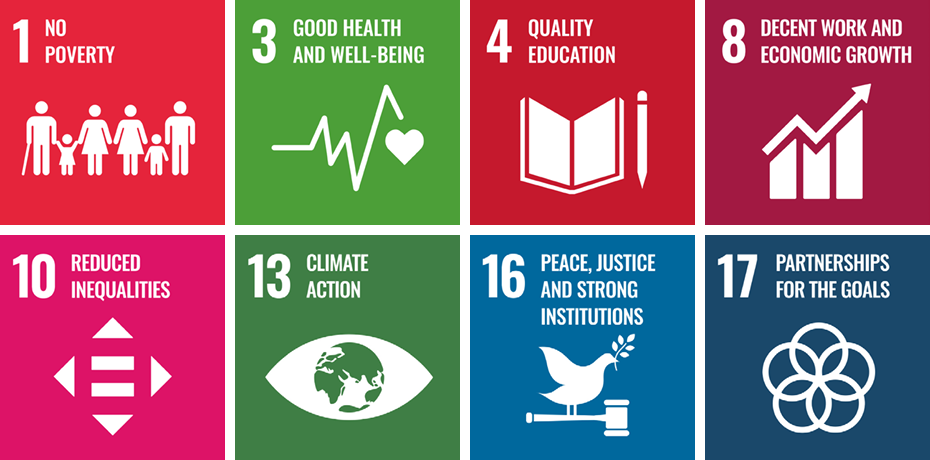
Digitalisation theme area
Themes and focus areas
Digitalisation refers to the use of digital technologies to change and enhance processes and activities in society. Digitalisation is more than replacing analog systems with digital ones, as this transition also results in wider societal change. Digitalisation affects different areas of society in different ways. Projects concerning digitalisation may focus on technological development in different professional fields, or digital transition and its impact in different societal and professional contexts.
Key Themes and Competences of digitalisation for TAMK
- digital learning environments
- digitalisation of education
- health technology
- well-being technology
- digital services and business models
- automation
- ICT technology
- digital media
- human-technology interaction
- data analytics
- data protection and information security
- drone technology and applications
The focus areas of our RDIC activities
- Improved access for all people groups to digital goods and services
- Ethical, human-centered, user-friendly and efficient digital solutions and services
- Favourable environment for digital networks and innovation
Applied research infrastructure
We work in the following laboratories and living labs:
- Drone laboratory
- Flight simulator laboratory
- Robots laboratory
- Virtual Lab for Social and Health Care
- HybEdLab – laboratory for digital pedagogy

Key projects
MOVEdigi Pirkanmaa (2024-2027)
The project produces information on the service needs of vulnerable customers and the effectiveness of services. The goal is to develop and document a model of individual work and group activities to meet customers. The model utilises networked and digital solutions. The project is implemented as a joint project of TAMK, Viadia Pirkanmaa and Suomen teologinen opisto (Theological College of Finland).
UAV-Namibia (2023–2025)
UAV-Namibia is a two-year project, funded by the Ministry of Foreign Affairs’ Finnpartneship, the goal of which is a support project for the development of UAV (unmanned aerial vehicle) services as part of the AiRRHow Afrikka competence center. AiRRHow is an alliance of operators in the aviation industry in Finland that trains, develops skills and offers innovative services in the aviation industry. TAMK has been involved in the alliance for several years.
EduSTA (2022–2025)
EduSTA is Finland's first Erasmus+ Teacher Academies project. It develops digital badges and pedagogical processes to support teachers' sustainability expertise. TAMK leads a consortium with partners from the Netherlands, Spain, the Czech Republic and Sweden. The project has attracted a great deal of international interest, as digital badges are considered an impressive way to strengthen teachers' sustainability expertise.
Impact of our projects
Partners and networks
- AiRRHow-alliance
- Namibia University of Science and Technology (NUST)
- Finnish UAV Ecosystem (FUAVE)
- University Collaboration Network (UCNDrone)
- Insta
- Radai
- Viima
- Patria
- Experimental environments in the health sector in Finland (Testbed network)
- European Network of Living Labs
- Tampere University
Sustainable Development Goals
In particular, we promote the following UN Sustainable Development Goals:

- Goal 1: Eradicate poverty in all its forms everywhere.
- Goal 3: Guarantee a healthy life and well-being for all ages.
- Goal 4: Guarantee open, equal and high-quality education for all, as well as lifelong learning opportunities.
- Goal 8: Promote sustainable economic growth for all, full and productive employment and decent jobs.
- Goal 10: Reduce inequality within and between countries.
- Goal 13: Act urgently against climate change and its effects.
- Goal 16: Promote peaceful societies and guarantee everyone access to legal services; build effective and accountable institutions at all levels.
- Goal 17: To support more strongly the implementation of sustainable development and global partnership.





